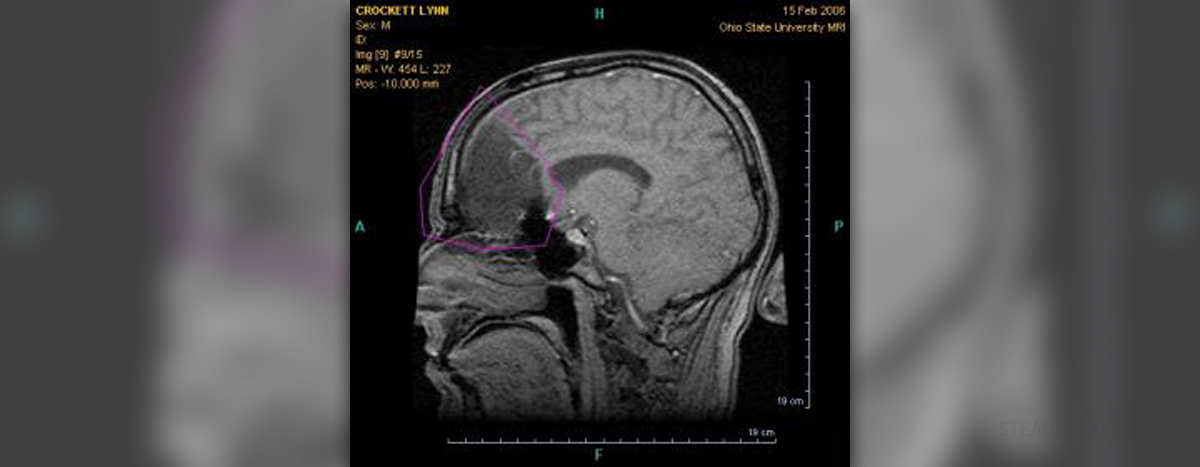
Brain Tumor
A brain tumor is a cancer in the brain. It can be a result of abnormal cell growth in the brain or a consequence of spreading of some other cancer. The cancer which started in the brain is called primary brain tumor. This type of cancer is not as common as secondary brain tumor which starts on some other part of the body and spreads on the brain. The most common types of cancer which can spread in the brain are lung, kidney, breast and colon cancer and melanoma. The older you get the risk of the brain tumor increases. If you have been exposed to chemicals or radiation source for a longer period of time, you may be at grater danger of the brain tumor. If someone in your family has had a brain tumor you may be also at risk. The brain tumor is more frequent in white people.
Symptoms
The symptoms of the brain tumor depend on the type, size and the position in the brain. The most common symptoms include severe headaches, sickness, vomiting, vision and hearing impairment, numbness in the legs or arms, weakness, fatigue, problems with balance, coordination and speech, behavior and mood changes and seizures. Having these symptoms does not always mean that you have the brain tumor. However if they are bothersome, severe, or cause difficulties in your everyday life you should see your doctor.
Diagnosis
In order to make a diagnosis, you doctor will perform some exams and order a number of tests. The exams include hearing, vision and balance checking, and physical exam. The tests include biopsy, MRI, CT scan, PET, X-rays imaging and genetic test.
Cure
The treatment of the brain tumor depends on its type, exact position in the brain, size and general state of your health. The tumor can be surgically removed if it is in suitable location. If it is small and it can be easily detached from the tissue the surgery is the best option for you. However, if the tumor is positioned in such manner that surgery can damage the healthy part of the brain, surgery is not recommended. In addition, the brain surgeries bring risks from internal bleeding, infections and loss of vision. Another treatment option is radiation therapy. In this therapy X-rays are used to destroy cancerous cells. If radiation is aggressive you may experience headache, tiredness or irritation of the scalp afterwards. Your doctor may decide on chemotherapy in which certain medications are used to kill the cancerous cells. This therapy may cause vomiting, sickness and you may lose your hair. Depending of the severity of the treatment and damage of your brain, you may need rehabilitation such as physical speech or occupational therapy.



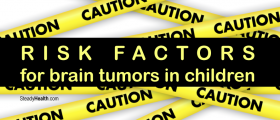

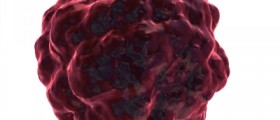


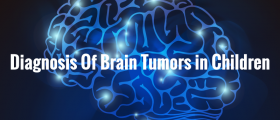

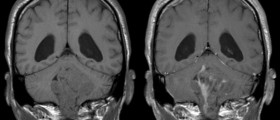


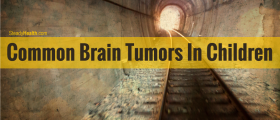

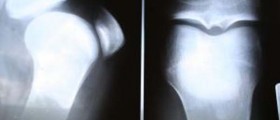
Your thoughts on this
Loading...